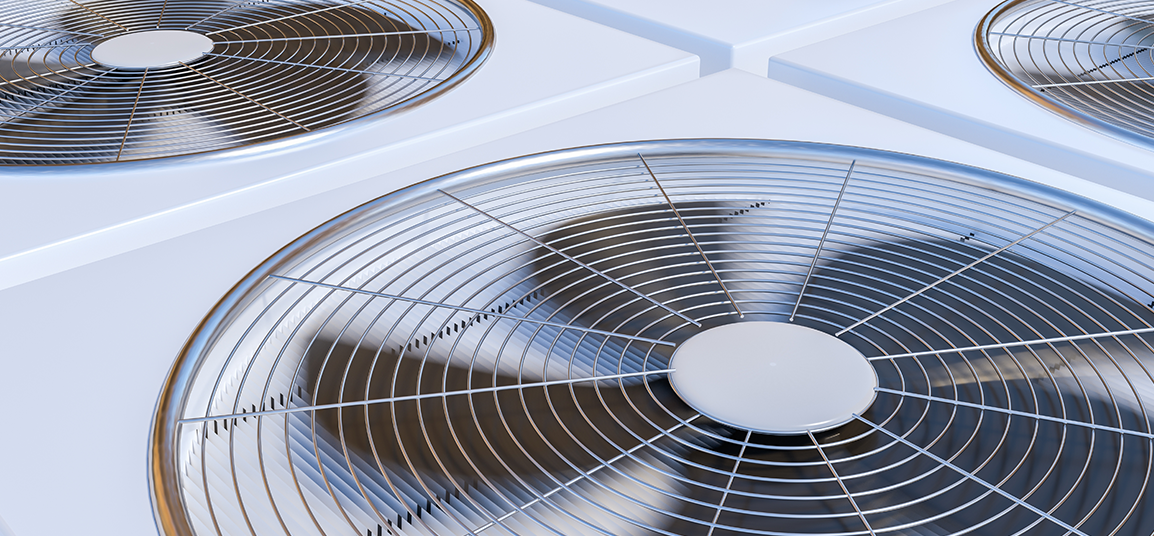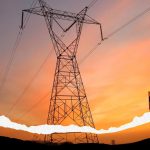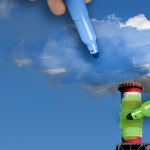You probably already know that usage of your HVAC system is one of the largest contributors to your energy bills. But, did you know that properly maintaining your HVAC system can dramatically affect the efficiency of your system, and as such how much energy it takes to operate it? Failing to complete pro-active maintenance or needed repairs can have a huge impact on not only your facility safety and comfort, but also your energy costs.
- It has trouble maintaining the set temperature. As HVAC systems age and parts become well-used and less effective, your heating and air conditioning units must work harder to maintain the same settings. The result of this is that your system draws more energy to keep going over longer periods of time to cool or heat less effectively. If your system seems to run constantly but has difficulty reaching your set points, it’s possible that a tune up or replacement is in order.
- It’s sluggish to respond to changes. Your thermostat is usually calibrated to maintain your set point between +/- 1⁰F. Most thermostats also have some lag between receiving a direction and implementing it. Both maintaining a small range and waiting a few moments before turning on your HVAC allow your thermostat to minimize the wear and tear of a system that turns on and off more frequently than it must. However, if your system is no longer responsive when outside of that small temperature range, or is taking longer than a minute or two to implement your requested changes, it’s possible that your system may need a tune up.
- Your energy bills are higher than usual. HVAC systems make up a large component of your energy bills. If bills are noticeably higher, and utility rates, weather or changes to employee behavior aren’t to blame, then your HVAC system is a likely culprit. If you notice large increases in energy bills over two or more months, an HVAC professional may be able to assist.
- Ventilation is poor. If your HVAC system is no longer operating at peak efficiency, it’s possible that some areas or your facility will be left without proper air circulation. Your system may struggle to provide ventilation to all areas of the building, or to move air through ducts as effectively as it once did. Of course, this can also be the result of blockages within your ducts, but either way an HVAC professional can help!
- It emits a foul odor. Smells from your HVAC system should never be ignored. Not only is your system not running efficiently if it is producing an odor, but there could be a potentially threatening safety issue, such as an electrical malfunction. Any smell that doesn’t dissipate within 20 minutes should be investigated promptly by an HVAC professional.
Don’t wait for one of these signs to practice pro-active HVAC system maintenance. Semi-annual checkups before heating and cooling seasons are inexpensive, and can help you to avoid a costly issue. The cost of these checkups can even be partially or totally offset but the energy savings associated with keeping units running efficiently.






